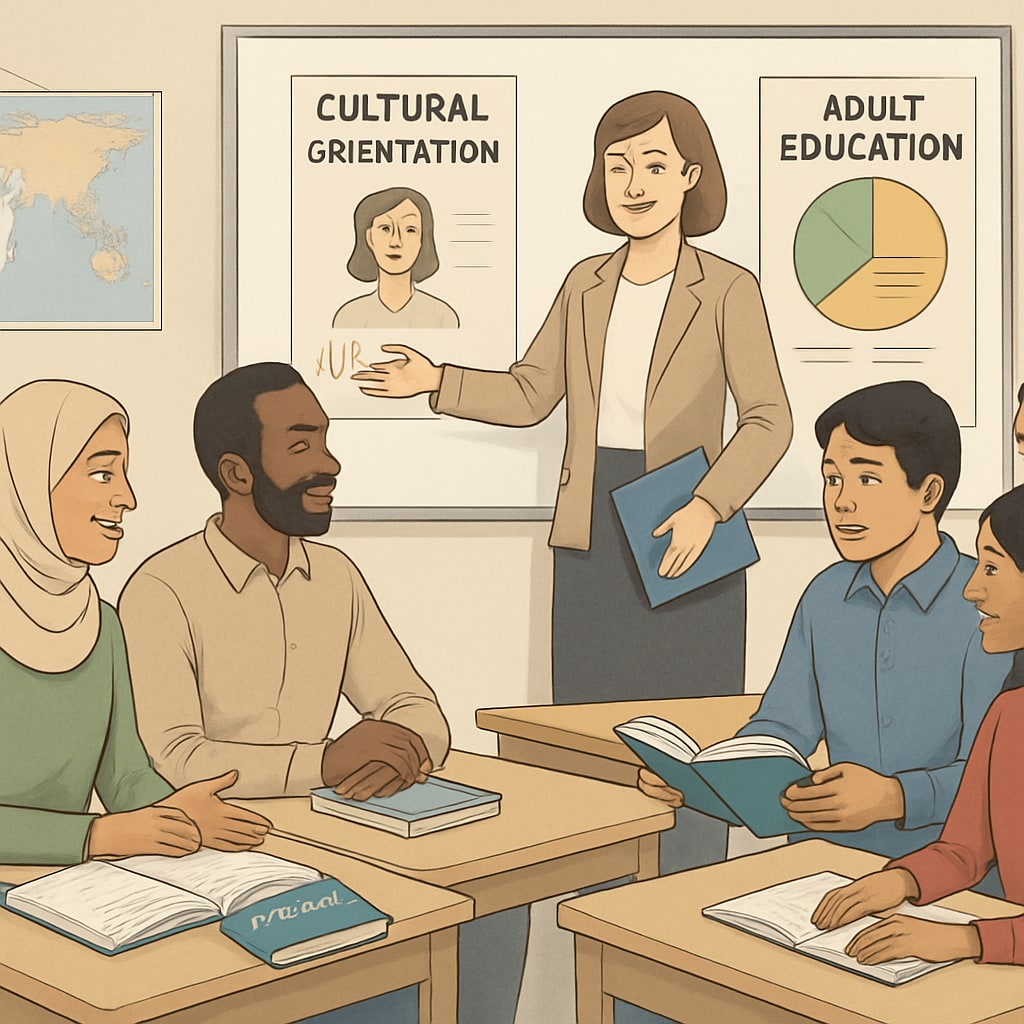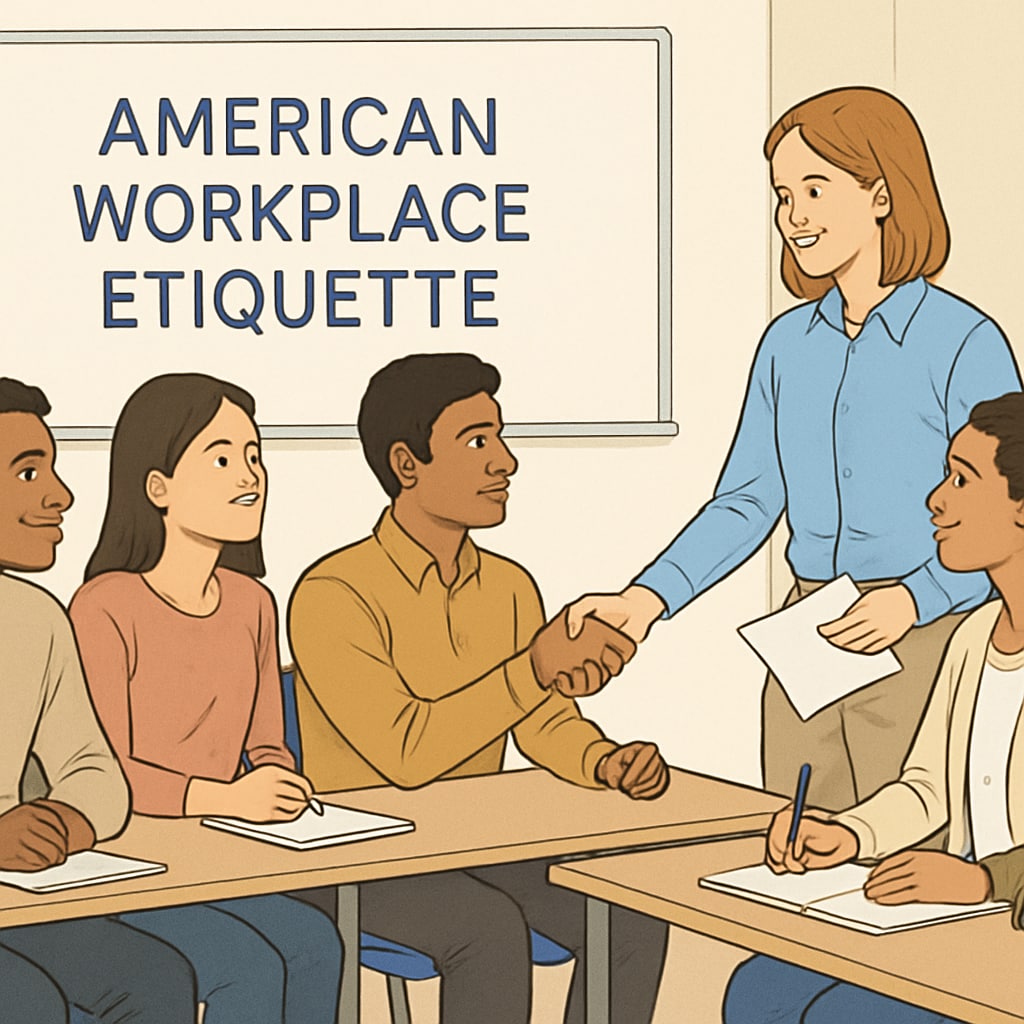For international students navigating the U.S. education system, the challenges of cultural adaptation, adult education, and acquiring foundational knowledge can feel overwhelming. These hurdles often go beyond academics, encompassing the nuances of American cultural norms, communication styles, and workplace etiquette. To support these students, New York offers a diverse range of educational and cultural resources designed to ease the transition and build confidence in both personal and professional settings.

Understanding the Need for Cultural Adaptation and Foundational Knowledge
Moving to a new country involves more than learning a new language or attending classes. It requires a deep understanding of cultural norms, societal expectations, and communication nuances. For example, in the United States, concepts like small talk, direct communication, and individualism are often emphasized, which might differ drastically from the cultural norms of many international students.
Adult education programs that focus on cultural adaptation provide a structured pathway for students to overcome these challenges. These courses often include:
- Workplace Etiquette: Learning professional behaviors such as punctuality, networking, and email etiquette.
- Social Integration: Understanding American holidays, traditions, and social norms to foster meaningful connections.
- Language Skills: Enhancing English proficiency with a focus on idiomatic expressions and cultural context.
By addressing these areas, students can build their confidence and adapt more effectively to their new environment.
Top New York Resources for International Students
New York is home to a wealth of resources that support adult education and cultural adaptation. Here are some notable programs and institutions to consider:
- NYC Department of Education: Offers free or low-cost adult education programs, including English as a Second Language (ESL) courses and cultural orientation sessions.
- New York State Office for New Americans: Provides citizenship preparation classes, English language training, and community workshops aimed at integrating immigrants into American society.
- The New York City Welcome Center: A hub for international students to access resources on housing, health services, and cultural events.

Practical Tips for Cultural Adaptation
In addition to formal programs, there are practical steps international students can take to accelerate their cultural adaptation journey:
- Join Community Groups: Many local organizations host cultural exchange events where students can meet locals and learn about American traditions.
- Volunteer: Participating in community service projects is a great way to practice English, meet new people, and understand local issues.
- Embrace Lifelong Learning: Explore online platforms like Coursera or edX for courses on American culture, communication, and history.
By combining formal education with these practical strategies, students can enjoy a smoother transition and a richer cultural experience in the United States.
Why Cultural Adaptation Matters for Career Success
For international students pursuing careers in the U.S., cultural adaptation is not just a personal milestone—it’s a professional necessity. Employers often value “soft skills” like cultural awareness, adaptability, and effective communication as much as technical expertise. Therefore, mastering these cultural intricacies can significantly enhance employability and career growth.
For instance, understanding the importance of punctuality, teamwork, and constructive feedback can make a substantial difference in workplace performance and relationships. Additionally, many companies actively seek employees with a global perspective, making international students who have successfully adapted to U.S. culture highly competitive candidates.
Conclusion
International students in New York face unique challenges as they adapt to a new cultural and educational environment. However, with the right resources and proactive strategies, these challenges can transform into opportunities for growth and success. By leveraging adult education programs, cultural adaptation workshops, and self-directed learning, students can bridge cultural gaps and thrive in their academic and professional pursuits.
New York’s diverse and inclusive educational landscape offers a wealth of tools to support this journey. Whether through formal classes, community events, or online learning platforms, international students have ample opportunities to build foundational knowledge, adapt to American culture, and carve out a successful future in the United States.


